The Russian presidential elections concluded with the closing of the last polling stations in the Kaliningrad region in north-west Russia. But this did not end the attention, especially outside of Russia. No one expected any surprises in the results, as there was a general consensus on Putin’s victory, even from the West and his few opponents.
The three candidates all align with Putin on his overall political direction, such as the stance on the Ukrainian crisis and even in decisions like the annexation of Crimea and new territories, and the growing confrontation with the West, among other foreign policy issues.
The opposition that stands out the most did not have widespread popularity even before Putin’s presidency. In recent years, the popularity of the liberal opposition waned due to its association with Western policies. Following the start of the Ukrainian war, many liberal figures left for Israel and the West, while some extremists with Nazi tendencies moved to Ukraine.
Western sanctions resulted in a backlash, as Russia responded by blocking several unfriendly media outlets. This deprived the opposition of one of its most important means of influencing the population (through the internet).
The interest in the Russian elections primarily stems from the global changes in which Russia’s role has been growing in recent years. These changes have been manifested from Syria and the Middle East to Africa, raising hopes for alternative solutions to Western hegemony and the unipolar world order that have caused numerous conflicts, wars, destabilization of entire countries, plundering of their resources, and the occupation under the pretext of fighting terrorism, while failing to stop atrocities in Gaza.
Undoubtedly, the approach to change has been associated with President Putin, elevating him to a global leader, as people aspire for the lost justice in international relations. This fuels the West’s fears that Putin’s sweeping victory and his continued grip on power until 2030 will strengthen the confrontational front, escalating tensions in various regions, whether in Ukraine, Africa, the Middle East, or even Europe. Additionally, there are concerns about the repercussions of deepening cooperation with large Southern states towards a multipolar world that erases unipolarity.
For this reason, Western powers have tried to cast a negative light on the elections and hinder them to prevent any positive connotations of Putin’s victory.
Provocations began well before the elections, creating an atmosphere akin to military preparations – not between the candidates, but between Russia and the West, intensifying with the start of voting. Western rhetoric around the illegitimacy of elections in recently annexed regions and accusations regarding the death of « Navalny » in his remote prison cell heightened.
As Western opposition failed to develop their alternative project, it is now being used as a symbol of liberalism, with the absence of a clear opposition voice in Russia requiring European figures to sound their alarms. Most notably, Macron, who never served in the military or tasted the blood and gunpowder, began advocating for NATO’s military involvement in the Ukrainian conflict.
The massive NATO military exercises in Norway on Russia’s border with the participation of its neutral neighbors Finland and Sweden also do not go unnoticed.
Simultaneously, Ukrainian attacks using drones on Russian cities have resulted in civilian casualties, with a Syrian university student losing his life in a shelling of a commercial center in the border city of Belgorod. Russian Nazi groups under Ukrainian command attempted incursions into border villages.
The Russian Ambassador in Washington, « Antonov, » revealed threats of provocations and attacks on diplomatic missions to disrupt voting, while the Minister of Digital Development, « Shadiyev, » confirmed cyber attacks and hacking attempts to disrupt the election process. Numerous intimidation and sabotage attempts occurred, such as burning ballot boxes or spraying colored substances, with perpetrators admitting to being recruited by Ukrainian intelligence.
Security forces thwarted terrorist plots in several areas. Despite the predetermined outcome in favor of Putin, the Russian leadership challenged itself to achieve the best and most transparent results while ensuring voter safety. The government and the election management committee worked to attract voters and provide facilities, extending the voting period to three days for the first time. Polling stations were opened even in remote areas, including the Arctic region.
In addition to television advertisements, large billboards were used to encourage participation, displaying the « V » symbol used by Russian forces in Ukraine, with the slogan « We are stronger together. Let’s vote for Russia! »
Approximately 2 million citizens voted in advance, especially in recently annexed regions that witnessed a high turnout despite Western objections and Ukrainian intrusions. President Putin himself, in a televised address broadcast by Russian state television on Thursday, March 14, urged citizens to participate in the elections to express their patriotism. Putin addressed his people, reminding them of Russia’s challenging times and complex challenges at various levels.
With the end of the elections, we can confirm that Western pressures and Ukrainian attacks resulted in an opposite outcome. This is not the first time showing the resilience of the Russian people of all backgrounds, choosing to reinforce Russia’s position in the world through confrontation and resisting external pressures. This was evident in the unprecedented voter turnout that surpassed all expectations, as citizens flocked to polling stations until the last minute. The turnout exceeded 74%, achieving a record number in modern Russian history.
It is anticipated that Putin will receive over 87% of the votes.
While the OSCE mission was absent, more than 1100 foreign observers from more than 120 countries participated in monitoring the voting in the Russian regions, including newly joined ones. Many of them want to witness the path towards a promising future for a world of diversity and justice, and democratic elections in Russia. The international presence in monitoring the elections reflects global interest in their integrity and transparency. The presence of these foreign observers may be important to ensure the electoral process is carried out with accuracy and fairness, and they may contribute to documenting the Russian democratic process to the world.


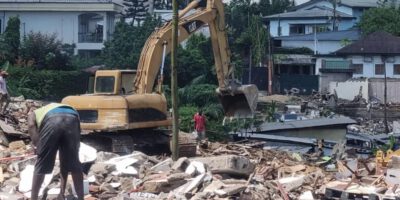
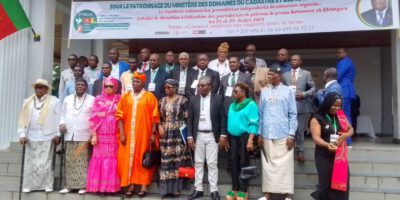

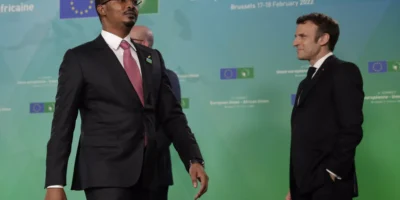

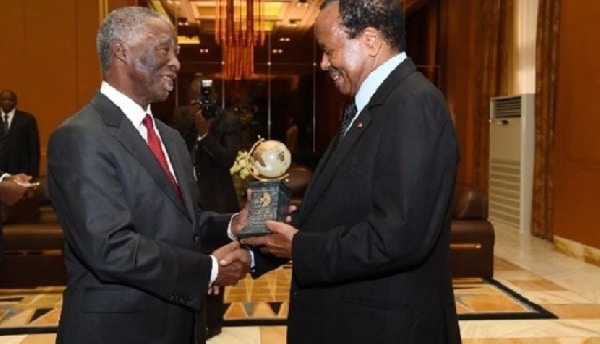
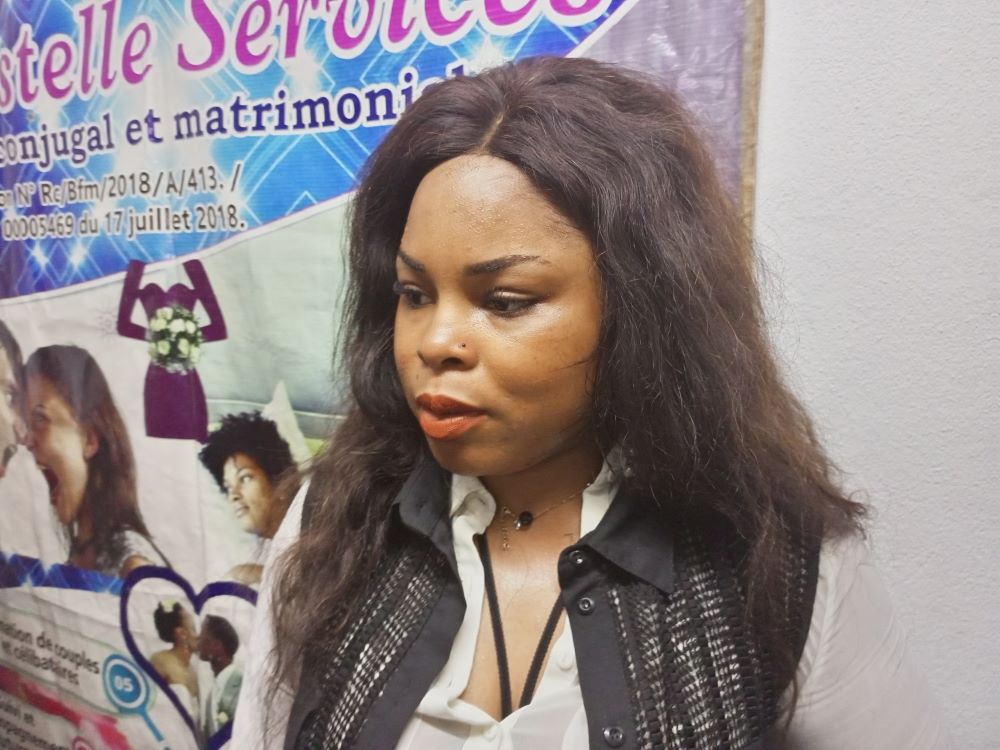
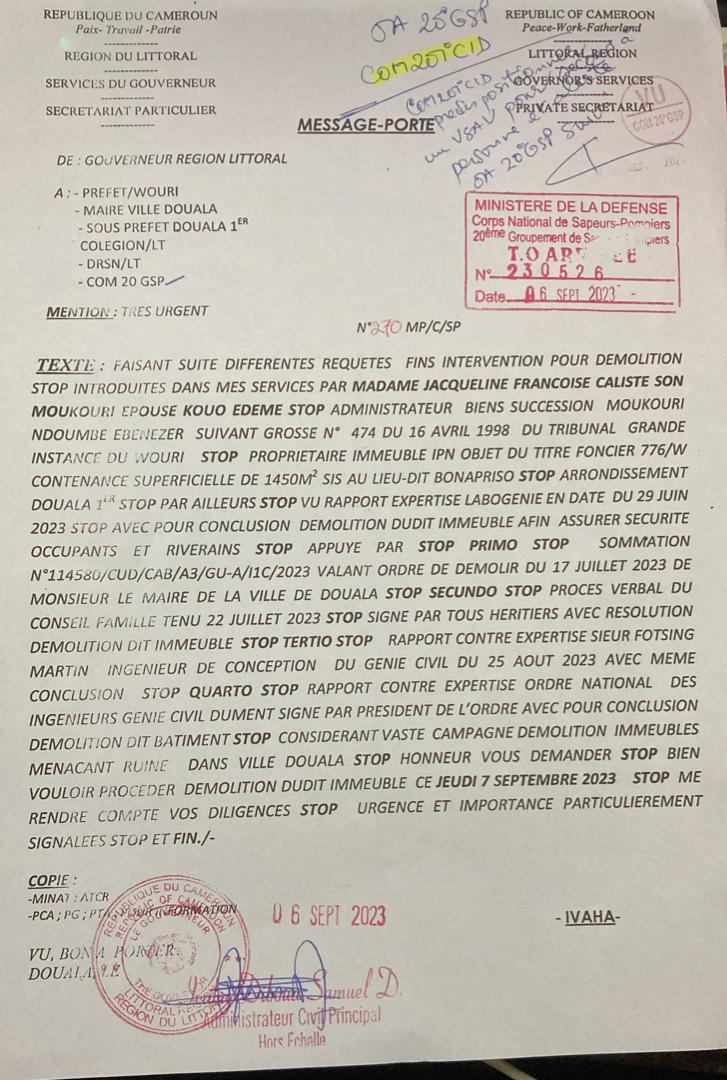
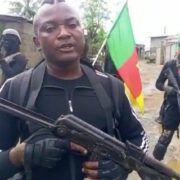
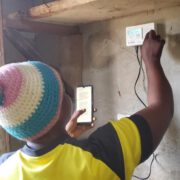

Comments